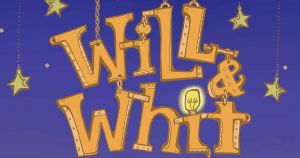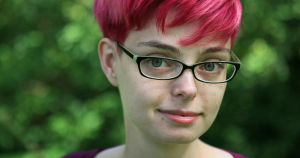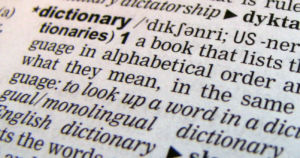
Review: Will & Whit by Laura Lee Gulledge
The best part about this story being told as a graphic novel how Gulledge shows us Will’s anxiety: we can literally see the shadows and worries that plague Will.

The best part about this story being told as a graphic novel how Gulledge shows us Will’s anxiety: we can literally see the shadows and worries that plague Will.

People like Early do exist, and it’s great to see historical fiction that includes a disabled character, but Early gets a little too close to the trope of the magical or extra-special autistic for my comfort.
How do our contributors define the dreaded concept of “inspiration porn,” and how do they feel about it?

Our reviewers interview author and Disability in Kidlit editor Corinne Duyvis about disability tropes, survival in the apocalypse, and writerly research.

Despite some flaws, it is clear the author did his research. I enjoyed this book and recommend it.

This series is a fascinating look at how a writer can acknowledge the “magical cure” trope and improve on the portrayal in later books.

To help authors make informed decisions about what language to use, we talk about disability terminology–from outdated words and cringe-worthy phrases to straight-up ableist slurs, and everything in between.

This is a book about a girl with an autistic brother. The autistic brother is crucial to the plot, but her actual brother is really more of a plot device than anything else.

Although I sometimes genuinely enjoyed myself while reading this book, those times were unfortunately outweighed by the serious inaccuracies.

One of the more authentic reflections I have seen of what it can be like to grow up deaf—this is the kind of book I wish I could have had when I was younger.